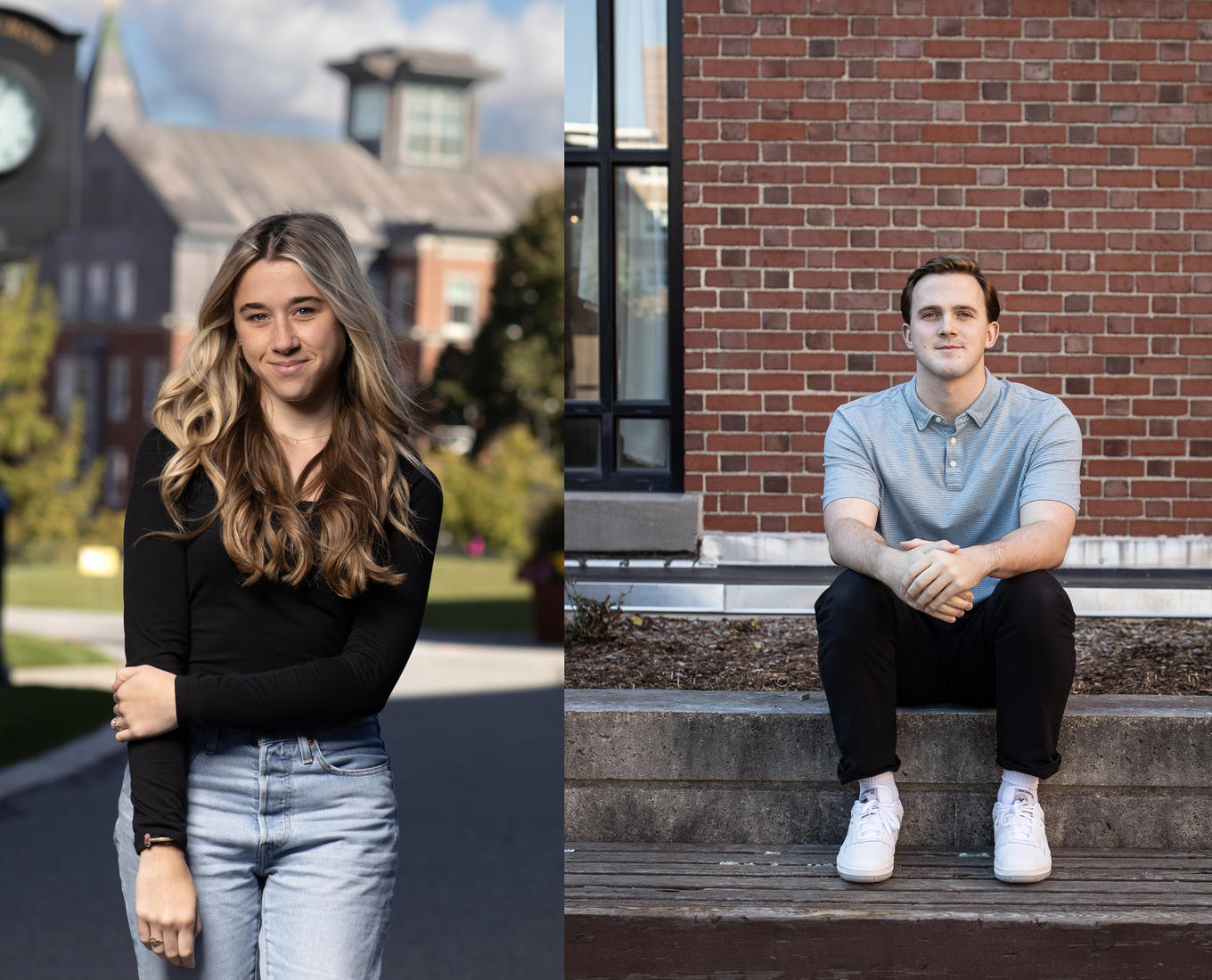Oluwadamilola Oguntuyo ‘26 searched for a room on Brown University’s campus that housed the first day of a science conference focused on establishing data to address social justice.
As she walked through the hallway, she noticed people close to her age. But when the Delaware native entered the conference room, she immediately felt out of place.
“Everyone looked grown,” Oguntuyo said. “I was, like, dang, they are all professors, scientists, mathematicians. That was pretty intimidating. I just finished my first year and I was put in a room with such great people with Ph.D.s, masters, everything.”
As a woman of color majoring in computer science and mathematics — fields dominated by white men — it’s a sentiment she knew too well, often described as imposter syndrome. Oguntuyo now felt like an outsider because of her age.
However, those professors, scientists and mathematicians in the room knew she belonged, specifically, Holy Cross visiting instructor Kiara Sanchez ‘18.
In the classroom as Oguntuyo’s teacher, Sanchez saw her student’s potential in Calculus 1 and 2 courses. As a mentor for summer research, Sanchez witnessed Oguntuyo’s initiative in recognizing an issue and looking toward science to solve it. She saw Oguntuyo’s passion for learning and envisioned a future in science for Oguntuyo where she could thrive.
Together, they embarked on a summer 2023 research project examining why underrepresented populations leave science, technology, engineering and math programs. When the Institute for Computational and Experimental Research in Mathematics (ICERM) summer conference involved connecting data to social justice, Sanchez knew Oguntuyo should not only attend but also contribute.
“She learned that she can do things even if she hasn’t seen people where she’s from in those roles; that’s what I’m most proud of,” Sanchez said.
